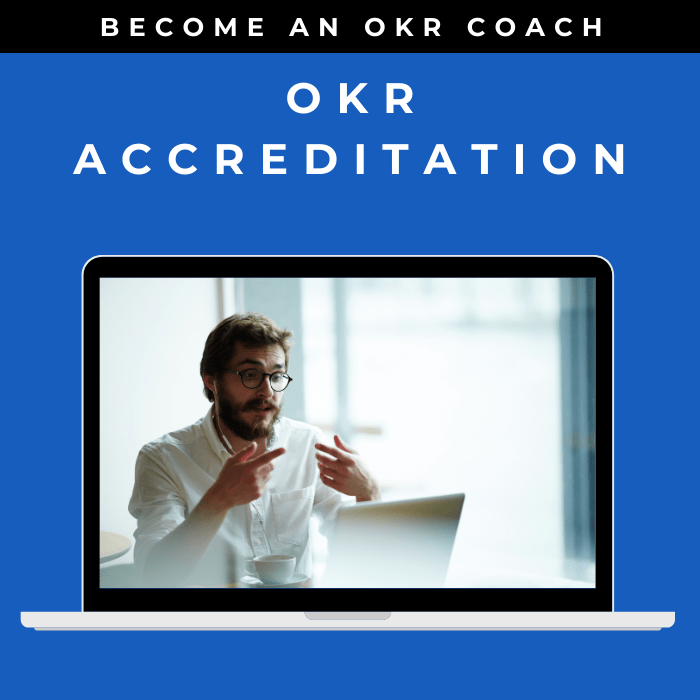10 Comprehensive OKR Examples in Corporate Social Responsibility (CSR)
Corporate Social Responsibility (CSR) initiatives are essential for organizations to demonstrate their commitment to ethical practices, social impact, and environmental sustainability. Objectives and Key Results (OKRs) can help drive performance and success in CSR. Here are ten comprehensive OKR examples in Corporate Social Responsibility (CSR):
1. Promoting Environmental Sustainability
Objective: Reduce the organization’s environmental footprint and promote sustainable practices.
Key Results:
- Achieve a 30% reduction in greenhouse gas emissions by implementing energy-efficient measures.
- Increase the recycling rate to 40% by implementing a comprehensive waste management program.
- Attain 25% renewable energy consumption through the adoption of clean energy sources.
2. Enhancing Diversity and Inclusion
Objective: Foster a diverse and inclusive workplace culture that values equality and representation.
Key Results:
- Increase the representation of underrepresented groups in leadership positions by 40%.
- Implement diversity training programs for all employees and achieve a 90% participation rate.
- Establish 3 employee resource groups or affinity networks to support diverse communities.
3. Strengthening Ethical Practices
Objective: Ensure ethical conduct throughout the organization’s operations and supply chain.
Key Results:
- Develop and communicate a code of conduct for employees and suppliers, achieving a 60% compliance rate.
- Conduct regular ethics training for all employees and achieve a 90% participation rate.
- Implement 1 robust whistleblower program to encourage reporting of ethical violations.
4. Supporting Community Engagement
Objective: Engage with local communities and contribute to their well-being.
Key Results:
- Establish partnerships with 3 community organizations and support them through volunteer programs or donations.
- Conduct 5 community service events with employee participation.
- Measure the social impact of community engagement initiatives through 3 relevant metrics, such as improved education or health outcomes.
5. Enhancing Product Responsibility
Objective: Ensure that products and services meet high standards of quality, safety, and social impact.
Key Results:
- Implement a product sustainability assessment framework and achieve 85% of products meeting sustainability criteria.
- Conduct customer satisfaction surveys related to product responsibility and achieve a 85% satisfaction rate.
- Develop and communicate 5 policies on responsible product design and labeling.
6. Supporting Employee Well-being
Objective: Promote the well-being and work-life balance of employees.
Key Results:
- Offer wellness programs and achieve a 80% employee participation rate.
- Establish 5 work-life balance initiatives, such as flexible working hours or remote work options.
- Measure employee satisfaction with well-being initiatives and achieve a 90% satisfaction rate.
7. Advancing Responsible Supply Chain
Objective: Ensure that suppliers adhere to ethical and sustainable practices.
Key Results:
- Conduct supplier assessments and achieve a 70% compliance rate with sustainability standards.
- Implement 1 supplier diversity program to promote the engagement of diverse suppliers.
- Establish 3 long-term partnerships with suppliers committed to social and environmental responsibility.
8. Empowering Employee Volunteerism
Objective: Encourage and support employee engagement in volunteer activities.
Key Results:
- Establish a volunteer time-off policy and achieve a 80% employee participation rate.
- Partner with 3 nonprofit organizations and facilitate employee volunteering opportunities.
- Measure the social impact of employee volunteerism in terms of 5 hours contributed per week, at the least.
9. Promoting Responsible Governance
Objective: Ensure transparency, accountability, and ethical behavior at all levels of the organization.
Key Results:
- Establish a comprehensive governance framework that aligns with best practices and achieves 70% compliance.
- Conduct regular ethics and compliance training for leaders and achieve a 90% participation rate.
- Develop and communicate 5 policies on responsible lobbying and political contributions.
10. Tracking Social Impact
Objective: Measure and report on the organization’s social impact and progress in CSR initiatives.
Key Results:
- Develop 1 social impact measurement framework and report on key metrics annually.
- Conduct 2 stakeholder surveys to assess perception of the organization’s social impact.
- Achieve recognition or 4 certifications for outstanding CSR performance, such as industry awards or sustainability rankings.
By adopting these OKR examples in Corporate Social Responsibility (CSR), organizations can demonstrate their commitment to ethical practices, social impact, and environmental sustainability. These strategic objectives and key results serve as guiding principles for organizations seeking to excel in CSR and contribute to a better world.


When looking to set OKRs, it’s natural to want examples to ignite the thought process or simply compare yours to OKR Examples. Check out our compendium of OKR Examples here.
Explore Our Range of Services


OKR International’s highly acclaimed Certified OKR Practitioner Program is the first and only OKR accreditation endorsed by ICF & HRCI for continuing education units.
OKR International helps leaders create the alignment, engagement and result orientation needed for growth by offering OKR Advisory services.


Latest Posts
- Navigating the Nuances of OKRs: Understanding Inputs, Activities, Outputs, Outcomes, and Impact
- 3 Essential Levels of OKRs
- Unleashing the Potential of OKR Champions: Roles, Responsibilities, and Skills.
- Can OKRs be used to reduce bureaucracy in Public Sectors?
- OKR Coach Certification: Certified OKR Practitioner (C-OKRP™) by OKR International – 9 & 16 March 2024





